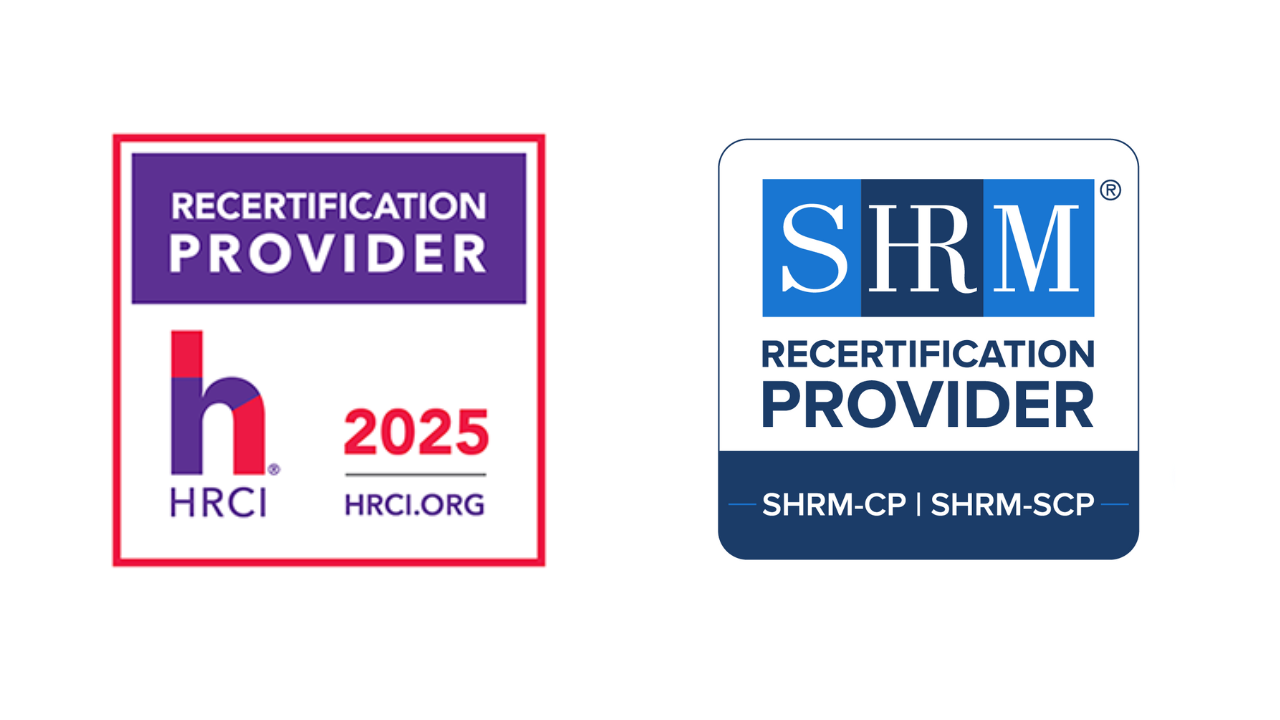Helping a Manager Learn to Deliver Bad (and Good) News
Dec 09, 2024Managers often find themselves thrust into their roles without formal training in people management. Unlike technical roles that require certifications, management often relies on on-the-job learning. For managers, understanding the softer aspects of leadership, such as communication and empathy, can greatly influence their team's success. This means going beyond setting performance targets to focusing on team dynamics, motivation, and individual growth.
Today, I'm stepping into the shoes of an HR leader explaining to a manager the crucial role managers play in communicating both good and bad news to their team members.
Managers are critical for employee engagement
Employee engagement may sound like a buzzword, but at its core, it’s about ensuring that team members are motivated, committed, and connected to their work. Engaged employees are more likely to communicate effectively, help each other, and be innovative. Managers play a pivotal role in fostering this environment by encouraging open communication, recognizing achievements, and facilitating a culture of support and collaboration.
Recognition and positive feedback are powerful motivators and should also predominantly come from managers. Celebrating successes and milestones enhances the personal connection between a manager and their team. It shows employees that their contributions are valued and acknowledged by those they work closely with.
Employees want to hear from their manager, not Human Resources
When it comes to delivering feedback—especially the kind that concerns an employee’s performance—it's crucial that it comes directly from their manager rather than the HR Department. Employees are more receptive and comfortable hearing important messages from someone they know and work with regularly. This approach helps frame the conversation in a way that feels personal and constructive, rather than detached or punitive.
Even in challenging situations, managers have a significant influence on the team’s morale. By addressing issues directly and empathetically, managers can prevent disengagement and turnover. Whether it’s guiding an underperforming employee back on track or facilitating a difficult exit, a manager's direct involvement lends credibility and reassurance.
HR should be your playwright rather than the best supporting or lead actor. It's our job to empower and support managers during critical interactions, rather than being the messenger.
HR professionals are valuable resources for managers. Instead of handling everything alone, managers can collaborate with HR to develop strategies that support their teams. Whether it’s through providing talking points for tough conversations or suggesting training opportunities, HR can help managers address performance issues constructively without overburdening themselves.
When should employees hear from HR instead of their Manager?
Performance-related conversations, team dynamics, and recognition are areas where managers should lead, while HR can take charge of formal processes such as benefits administration or compliance issues. This division ensures that employees receive information and feedback from the most appropriate source.
Both managers and HR professionals have unique roles in supporting and developing employees, but collaboration between the two can significantly enhance engagement levels. Managers are encouraged to actively partake in all aspects of their team’s experience, using HR as a resource rather than a crutch. In doing so, they’ll build a stronger, more committed team capable of achieving great results.







